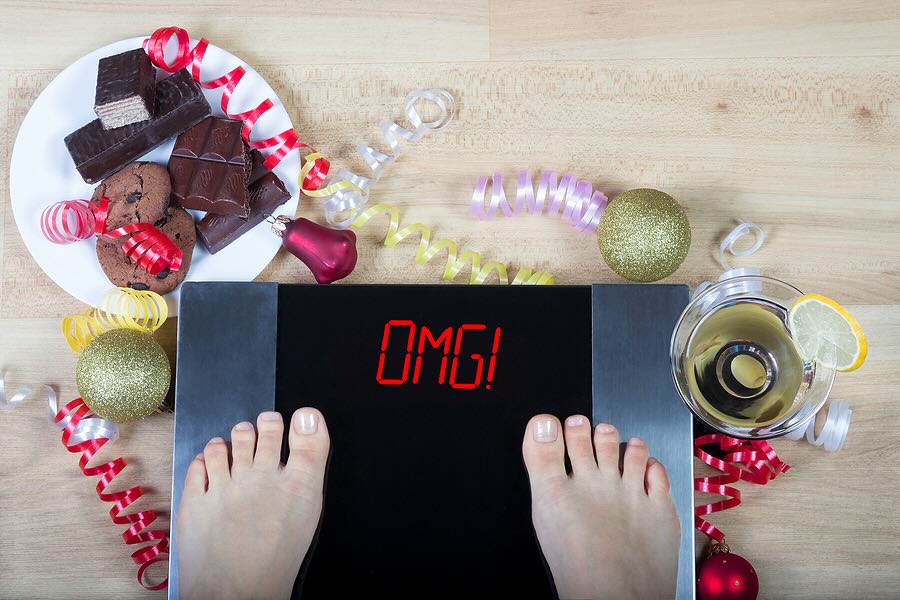Quick – which symptom of menopause causes the greatest disruption for you?
There are many different menopausal symptoms (three dozen or so!) and each woman experiences menopause differently. But even so, with my patients at the Women to Women clinic, I’ve seen a few symptoms rise to the top of the complaint list over the years.
For the longest time, the biggest complaint women had during perimenopause centered around hot flashes. Now don’t get me wrong — hot flashes are still a big concern for women because they are really disruptive, and 4 out of 5 women will experience them during menopause.
But over the past few years, I’ve seen a shift in symptom complaints in my patients. The number one symptom I see at the clinic today is no longer hot flashes: it’s anxiety. So, why is this happening and what is the connection between anxiety and menopause.
Anxiety and Menopause
Anxiety can show up in your life in many ways. You may have heart palpitations, trouble breathing, a nervous stomach, or feel like you are scattered, distracted or compulsively worrying. So what’s changed to make anxiety so much more prevalent among women transitioning through menopause today?
In my opinion, a lot of it is a result of excess stress. The way we live our lives today and the amount of stress we experience on a daily basis while running our homes, our families, our jobs – trying to do it all – takes its toll on our bodies.
When you have that high stress combined with changing hormones, the likelihood of experiencing anxiety is that much greater. That’s because progesterone has a soothing effect on our nervous systems. As the ratios of progesterone to estrogen decrease during perimenopause, anxiety is often the result. And when we have increased amounts of stress for long periods of time, pregnenolone, a precursor to progesterone gets pushed down a different pathway to make cortisol. Then, often, women will have a low progesterone level and imbalanced hormones.
So what can you do about it? I’m sure I’m not the first person to tell you that you have to find a way to slow down and reduce stress. I know it can be hard with so much going on but I can tell you that finding some relaxation practice that works for you, and taking the time to implement it into your daily routine, is going to go a long way toward helping you feel better.
Your anxiety is a call to action from your body, telling you to listen. If you don’t take action, not only will you be living with the anxiety and the uncomfortable, life-disrupting symptoms it presents for longer than you need to, but over time, that stress is going to cause other more serious problems.
So take your anxious moment as a message from your body saying, “Hey there! You’re running me ragged and I need a little rest and a break. How about a good night’s sleep, some healthy nutritious food and some “me” time? Maybe some deep breathing, meditation, yoga, tai chi, chi gong, a hot bath or journaling and a cup of tea? Or perhaps a nice long walk outside?”
Whatever you decide to do is up to you. It should be something that slows you down, gives you time to relax and free your mind, to take deep breaths and step away from the crazy stress of the day. Finding some time for yourself every day will not only reduce your anxiety, it will make you happier and re-fill your cup so that you can give more to others than you can when you’re running on empty yourself.
And taking a little time every day to relax and de-stress will help you get your body back on track so that the stress won’t do more damage. Stress is connected to heart disease, cancer and more, so ignoring this wake-up call won’t serve you well now or in the future. The good news is that it just takes a little practice to build some de-stress time into your daily routine.
You can also look to add some more protein to your meals and snacks. The addition of protein will help to reduce blood sugar spiking and decrease internal inflammation or the stress caused by food additives, allergens, and chemicals. Consider lean meat, grass-fed cheese, nuts, or nut butters without added sugars.
We know that a daily de-stress ritual coupled with getting a good night’s sleep and making sound nutrition choices can restore your health, relieve your symptoms and get you feeling great again. Try to avoid sugar and processed foods, which can cause internal stress on your body and choose organic fruits and vegetables, grass-fed meats, and wild caught fish instead.
Final Thoughts on Anxiety and Menopause
We know that even if you try, it’s really hard to get the nutrition you need from today’s food supply. We recommend a high quality pharmaceutical grade multivitamin and omega 3 oil to restore inner balance, reduce inflammation and manage the stress within your body. We believe all women need to take both a multi-vitamin and an omega-3 product for optimal wellness.
If you are experiencing symptoms of hormonal imbalance, you will need additional nutrients to support your body’s healing, such as the all-natural herbs we have formulated in our proprietary Menopause Support product.
Diet and lifestyle changes combined with nutritional support through high quality supplementation leave most of our patients symptom-free. So if you’re ready to get rid of anxiety, hot flashes and other life-disrupting symptoms so that you can restore your health and feel like yourself again, we can help. We’ve helped thousands of women to feel better and we can help you too.








